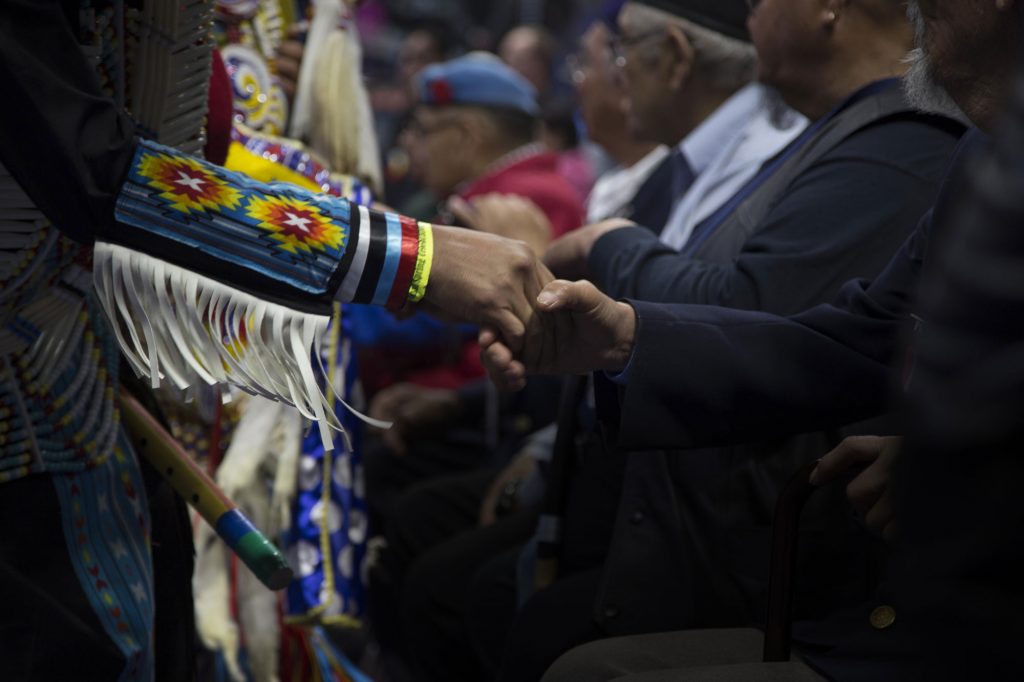


Reconciliation – It’s A Call to Action
In order to redress this legacy of the residential school experience and recognize the intergenerational trauma that has resulted from decades of cultural loss, the Truth and Reconciliation Commission report made 94 recommendations for Calls to Action across a variety of sectors.
Call to Action #92 specifically addressed the corporate sector:
We call upon the corporate sector in Canada to adopt the United Nations Declaration on the Rights of Indigenous Peoples a reconciliation framework and to apply its principles, norms, and standards to corporate policy and core operational activities involving Indigenous peoples and their lands and resources.
SIGA’s Commitment to Reconciliation
“It’s hard to put into words the weight and importance of what the 94 Calls to Action speak to – there is certainly much to be done. SIGA is committed to answer the Calls to Action and to helping create a future where Indigenous and non-Indigenous communities thrive, side by side.” – Zane Hansen, President and CEO.

A First Nation-owned and -operated organization, SIGA has a priority focus on moving toward reconciliation and healing for our people. Our commitment to reconciliation is rooted in our reason for being – to bring improvement to the lives of our First Nation members through economic development and creating opportunity.
Our purpose thus aligns well with the 92 Call to Action – we are answering this call by:
- Creating employment – we continue to be a leader in providing Indigenous peoples equitable access to jobs, training and educational opportunities.
- Supporting First Nation economic development through the development of the gaming industry – for example on Little Pine First Nation with the partnership to open Gold Horse Casino.
- Returning earnings to our owners, the 74 First Nations of Saskatchewan – as a non-profit organization, we give 100 per cent of our net income back to our communities. As of October 2017, this figure was more than $1 billion.
- Fostering long-term partnerships that help bridge gaps between Indigenous and non-Indigenous communities and organizations.
Seven generations of children went through the residential schools. And each of those children who were educated were told that their lives were not as good as the non-Aboriginal people of this country. They were told their languages, their cultures were irrelevant. They were told their people and their ancestors were heathens and pagans and uncivilized… At the same time that was going on, non-Aboriginal children in non-Aboriginal school systems in this country were also being told the same things about Aboriginal people. So as a result, many generations of children including you and your parents have been raised to think about things in a different way, in a wrong way – in a way that is negative when it comes to Aboriginal people. And we need to change that. - Murray Sinclair, Chair of the Truth and Reconciliation Commission of Canada
